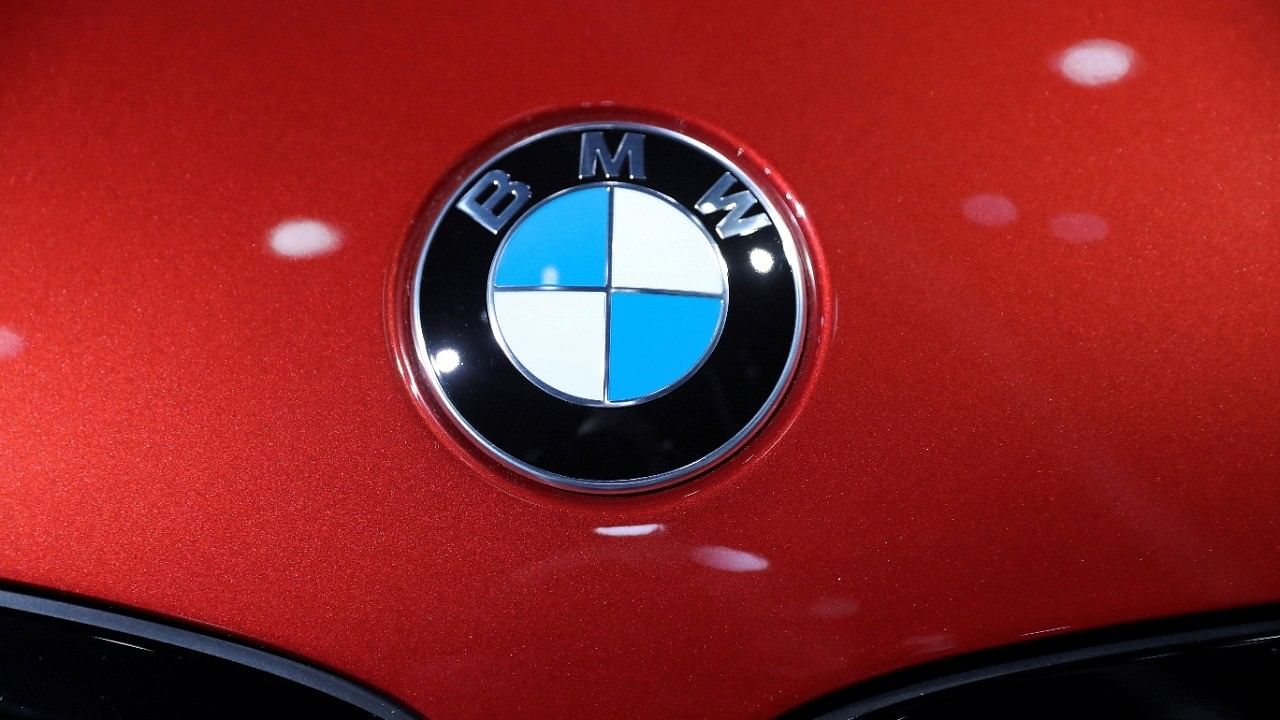
BMW logo.
Credit: Reuters File Photo
New Delhi: The Supreme Court has directed luxury car maker BMW India Private Ltd to pay Rs 50 lakh as compensation to a customer for supplying a defective car in 2009.
A bench of Chief Justice D Y Chandrachud and Justices J B Pardiwala and Manoj Misra set aside an order of the Telangana High Court quashing the prosecution against the auto major and asking the company to deliver a new vehicle to the complainant in place of the defective one.
"Bearing in mind the facts and circumstances of this case, we are of the considered view that the manufacturer, BMW India Private Limited, should be directed to pay a consolidated amount of Rs 50 lakhs in full and final settlement of all claims in dispute. The manufacturer shall pay this amount to the complainant on or before August 10, 2024 by electronic transfer of funds," the bench said in its July 10 order.
It said conditional on the payment being made by the manufacturer to the complainant, the order of the high court quashing the complaint and the direction for the replacement of the old vehicle with a brand new vehicle shall stand set aside.
"The claims of the complainant shall stand duly satisfied on the payment of compensation quantified at Rs 50 lakhs in terms of the above order," the bench said.
The bench took note of the fact that, as far back as in June-July 2012, the manufacturer had offered to replace the old vehicle with a brand new vehicle in compliance with the order of the high court.
"However, this was not acceded to by the complainant. Had the complainant used the vehicle, it would have depreciated in value until date," the bench noted.
The bench said during the hearing it was informed that the old vehicle was returned to the erstwhile dealer by the complainant.
It observed, "Bearing in mind the nature of the dispute, which was confined only to a defective vehicle, we are of the view that allowing the prosecution to continue, at this stage, nearly fifteen years after the dispute arose, would not subserve the ends of justice. Instead, by exercising the jurisdiction of this Court under Article 142 of the Constitution, substantial justice can be done by directing the payment of compensation to the complainant, while sustaining the order quashing the complaint."
Finding fault with the high court order dated March 22, 2012, the bench said the high court had come to the conclusion that the ingredients of the offence of cheating were not established on the basis of the contents of the FIR.
"Having come to this conclusion, there was no justification for the high court thereafter to direct the manufacturer to replace a brand new BMW 7 Series vehicle. The high court had been moved by the manufacturer for quashing the complaint under Section 482 of the Code of Criminal Procedure 1973. The high court was required to address whether a case for quashing was made out," it said.
The top court said the order of the high court was challenged by the Andhra Pradesh government and the complainant GVR India Projects Limited and not the manufacturers of the car.
It noted that manufacturers had addressed communications to the complainant to return the old vehicle so as to facilitate compliance with the order of the high court.
It noted that manufacturers have submitted during the hearing of the matter that they was at all times ready and willing to comply with the order of the high court and, in fact, addressed a communication to the complainant calling for the return of the defective vehicle so that a brand new vehicle could be handed over.
The bench noted that by a letter dated July 25, 2012, the complainant had informed the manufacturer, through his advocate, that he was not interested in taking a new BMW car, but instead was interested in taking an amount equivalent to the value of the car, together with interest.
The complainant had purchased a BMW 7 series vehicle on September 25, 2009 and the case of the complainant is that on September 29, 2009, a serious defect was noticed and the car was taken to the workshop.
"The car is alleged to have faced a similar problem on November 13, 2009. On November 16, 2009, a complaint was lodged for alleged offences under Sections 418 and 420 of the Indian Penal Code 1860 which led to the registration of the FIR. The manufacturer, Managing Director and other directors were named as the accused," the bench noted.